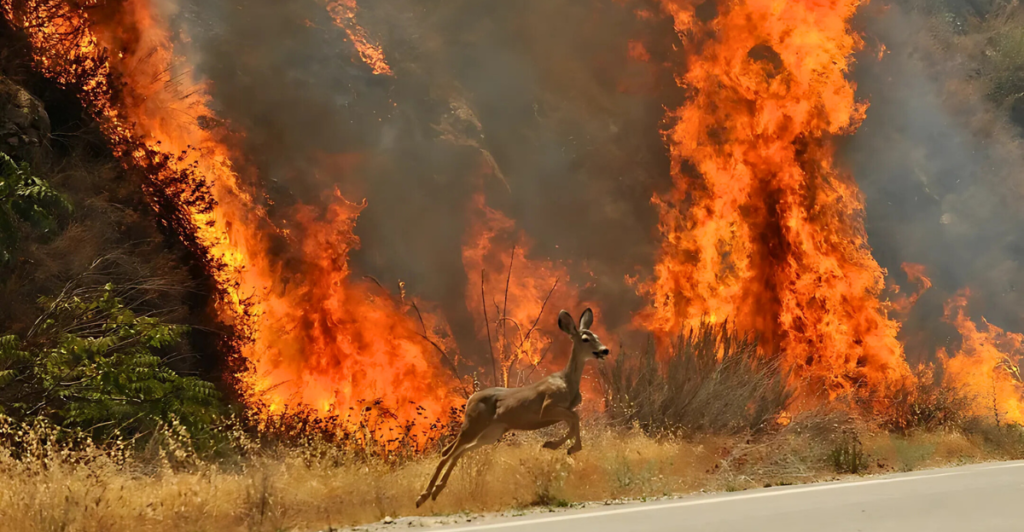
Wildfires have become an increasingly prevalent environmental concern globally, impacting ecosystems in profound ways. As climate change intensifies, the frequency and severity of wildfires have escalated, leading to significant ecological disruptions. This article explores eleven critical facts that underscore the extensive effects of wildfires on ecosystems worldwide, highlighting the urgent need for comprehensive strategies to mitigate their destructive impact.
Increasing Frequency and Intensity
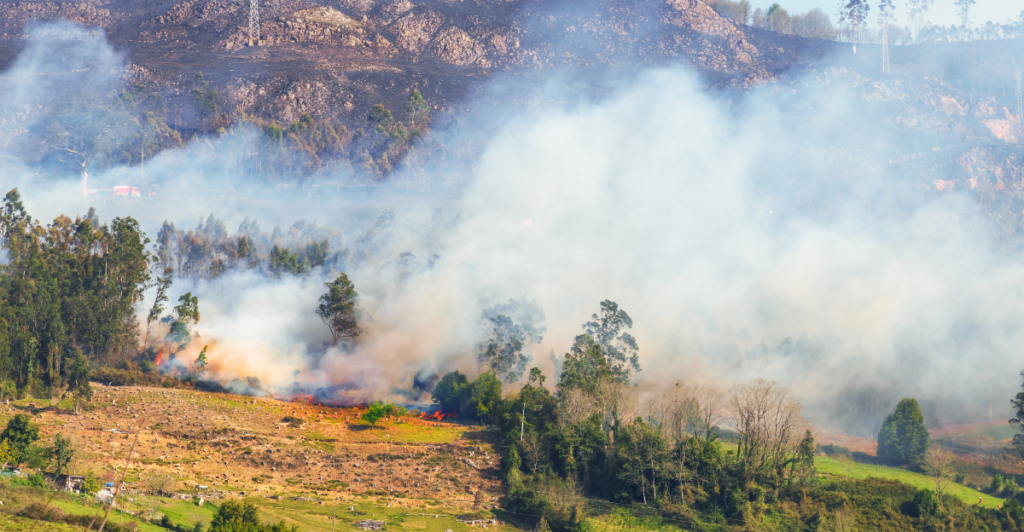
Wildfires are occurring more frequently and with greater intensity due to climate change. In 2024 alone, there were over 72,000 wildfires reported globally, a 10% increase from the previous year.
Loss of Biodiversity
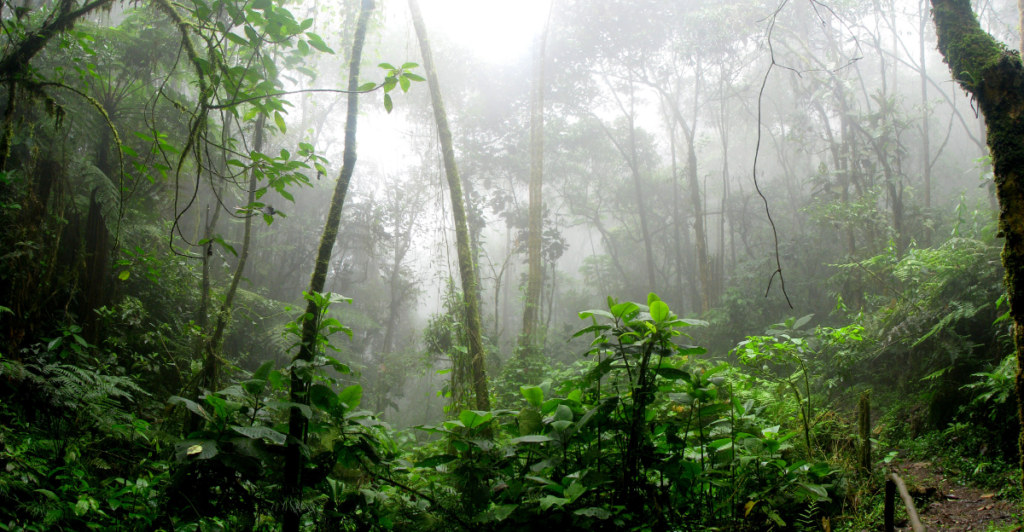
One of the most devastating consequences of wildfires is the loss of biodiversity. In Australia’s 2019-2020 bushfire season, an estimated 3 billion animals were killed or displaced, including threatened species like koalas and kangaroos.
Carbon Emissions
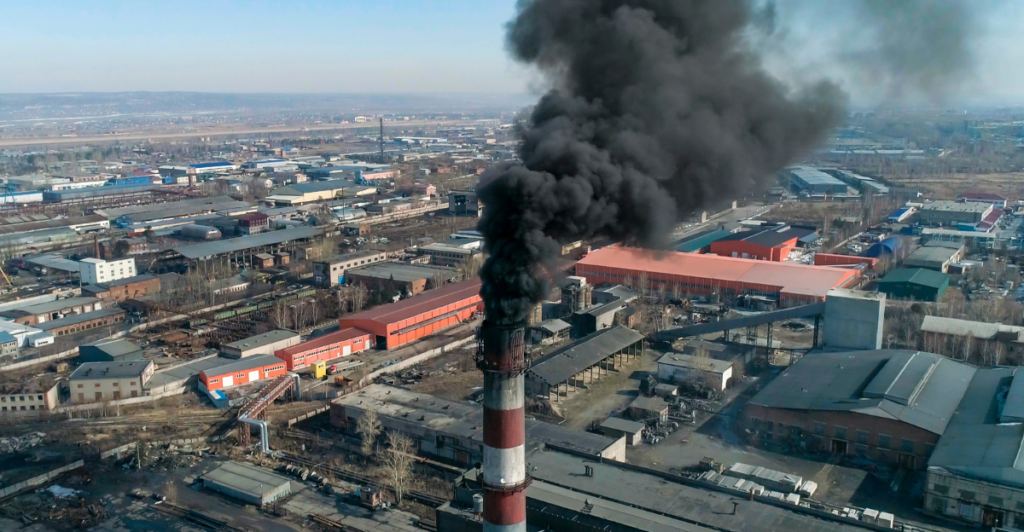
Wildfires release massive amounts of carbon dioxide into the atmosphere, exacerbating climate change. In 2023, wildfires emitted approximately 22.3 billion metric tons of CO2 globally, equivalent to the annual emissions of over 4.7 billion cars.
Soil Degradation

The intense heat from wildfires alters soil composition, making it less fertile and more prone to erosion. This degradation can persist for years, affecting plant regeneration and water retention.
Air Quality Impacts
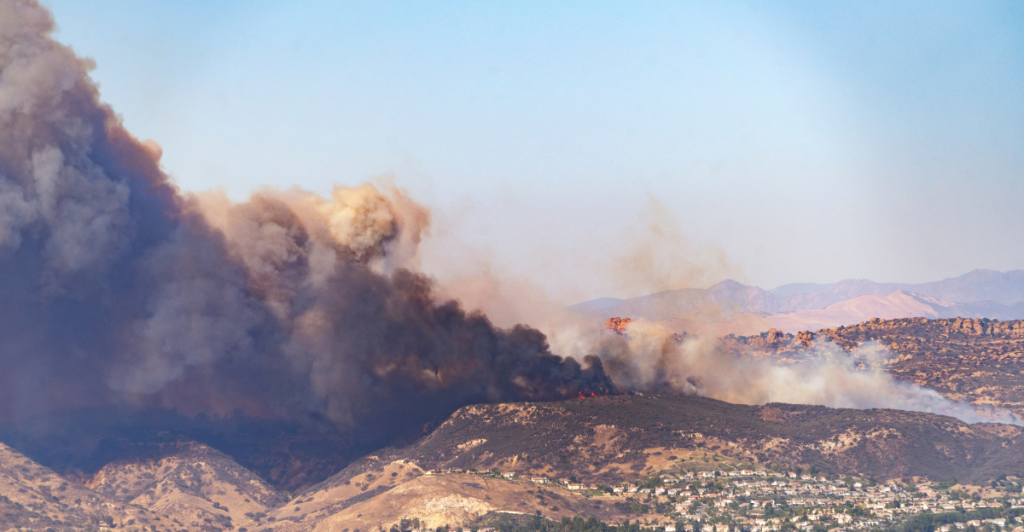
Wildfire smoke contains harmful pollutants such as particulate matter and volatile organic compounds, significantly degrading air quality. During California’s 2020 wildfires, air quality levels reached hazardous levels across the state.
Water Contamination

Runoff from burned areas can contaminate water sources with ash, debris, and toxins, posing risks to aquatic ecosystems and human health. Recent studies show increased levels of heavy metals and carcinogens in waterways affected by wildfires.
Displacement of Indigenous Communities

Wildfires often force indigenous communities from their ancestral lands, disrupting cultural practices and traditional ecological knowledge that sustains biodiversity.
Long-term Ecological Recovery
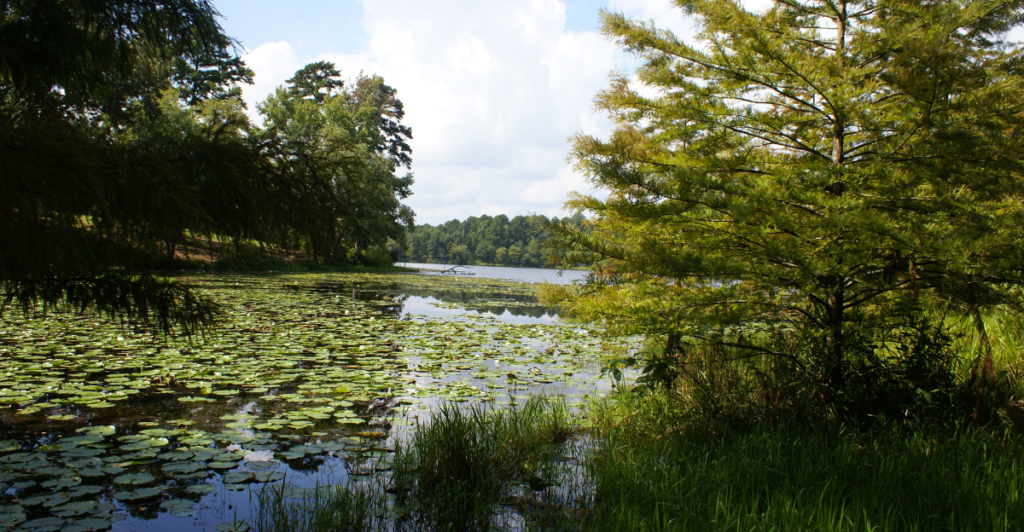
Some ecosystems may take decades or even centuries to fully recover from the impacts of severe wildfires, leading to persistent ecological imbalances.
Economic Costs

The economic toll of wildfires is substantial, encompassing firefighting expenses, property damage, healthcare costs from smoke-related illnesses, and lost tourism revenue in affected regions.
Feedback Loops
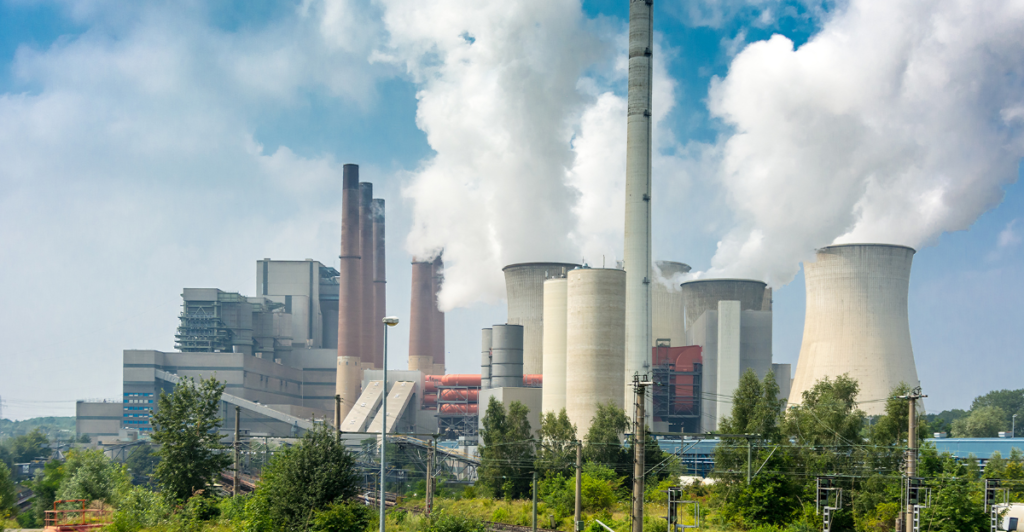
The relationship between wildfires and climate change creates feedback loops, where more frequent fires release more greenhouse gases, further contributing to global warming.
Ecological Adaptations

While devastating, wildfires also play a natural ecological role in some ecosystems, promoting biodiversity by clearing out old growth and allowing for regeneration of fire-adapted species.
The Way Forward
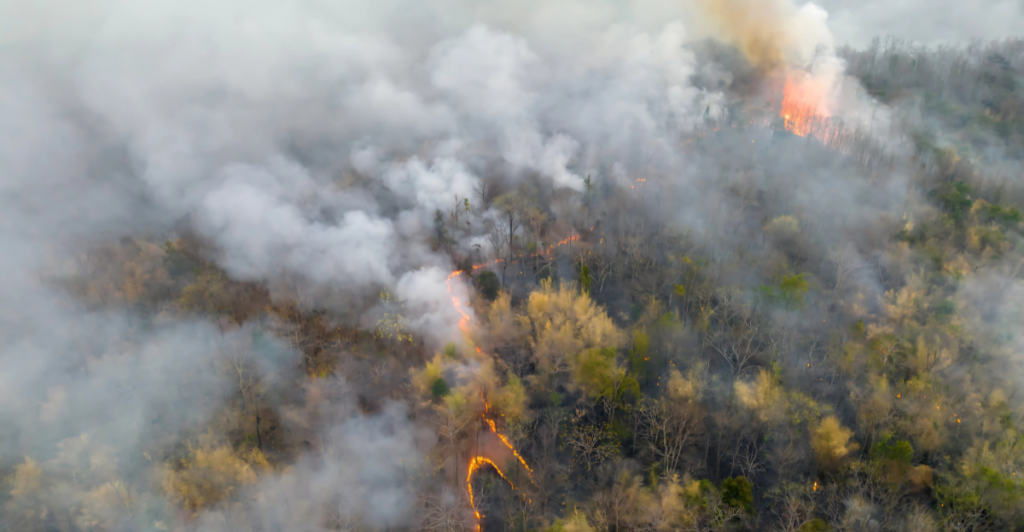
Wildfires represent a critical environmental challenge of our time, with far-reaching implications for ecosystems worldwide. As the frequency and intensity of wildfires continue to rise, urgent action is needed to mitigate their ecological and societal impacts. By implementing robust wildfire management strategies, investing in fire-resilient ecosystems, and addressing climate change at its roots, we can safeguard our natural heritage and ensure a sustainable future for generations to come.
Discover more of our trending stories and follow us to keep them appearing in your feed.

California Is Splitting Apart: A Fault Line Is Forming Faster Than Anyone Predicted
The Real Cause Behind Los Angeles’ Devastating Wildfires
States That Have The Worst Wildfires
Ways The Average Person Can Protect Wildlife From Wildfires
Resources:
Wildfires prompt evacuations near San Diego amid relentless Santa Ana winds
California wildfires







